Disclaimer: Soccer Whizz is a participant in the Amazon Services LLC Associates Program, an affiliate advertising program designed to provide a means for sites to earn advertising fees by advertising and linking to Amazon.co.uk (source: Section 5). As an Amazon Associate I earn from qualifying purchases.
We see them on our television screens; we see them at our treasured stadium grounds and, sometimes, we even meet them on the streets!
A lot of fans see soccer professionals as their role models and plenty strive to emulate them in a number of different ways.
Being inspired to become a professional in the sport leads a lot of people to purchase the same sort of gear that the global soccer superstars use on a daily basis.
However, not everyone is aware of the sort of soccer balls that the professional players use.
So, I thought it would be good to write an informative article that answers this very question.
For those of you in a hurry, I’ll get straight to the point…
Professional soccer players make use of either FIFA Quality Pro, FIFA Quality Inspected or International Match Standard soccer balls for competitive games that fall under the world football governing body’s annual fixture calendar.

Want to test your knowledge on soccer ball care?
Take the quiz by clicking the button below and see just how informed you truly are!
Note - You'll need to enter your email address to see the final results.

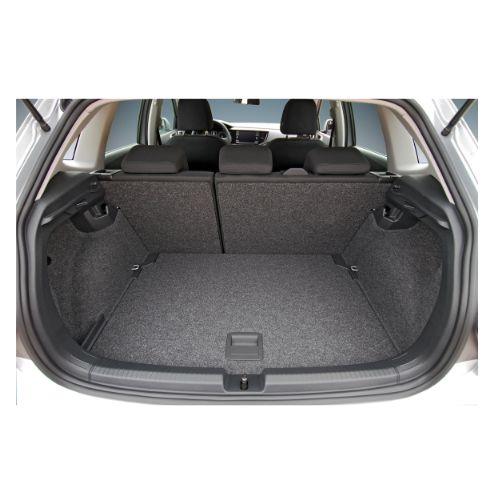
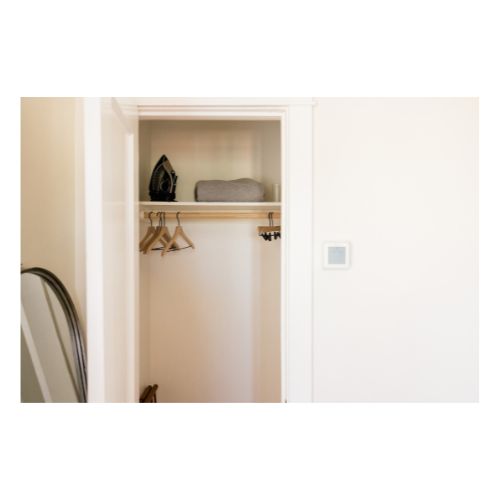



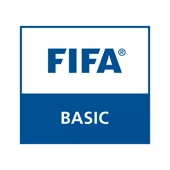
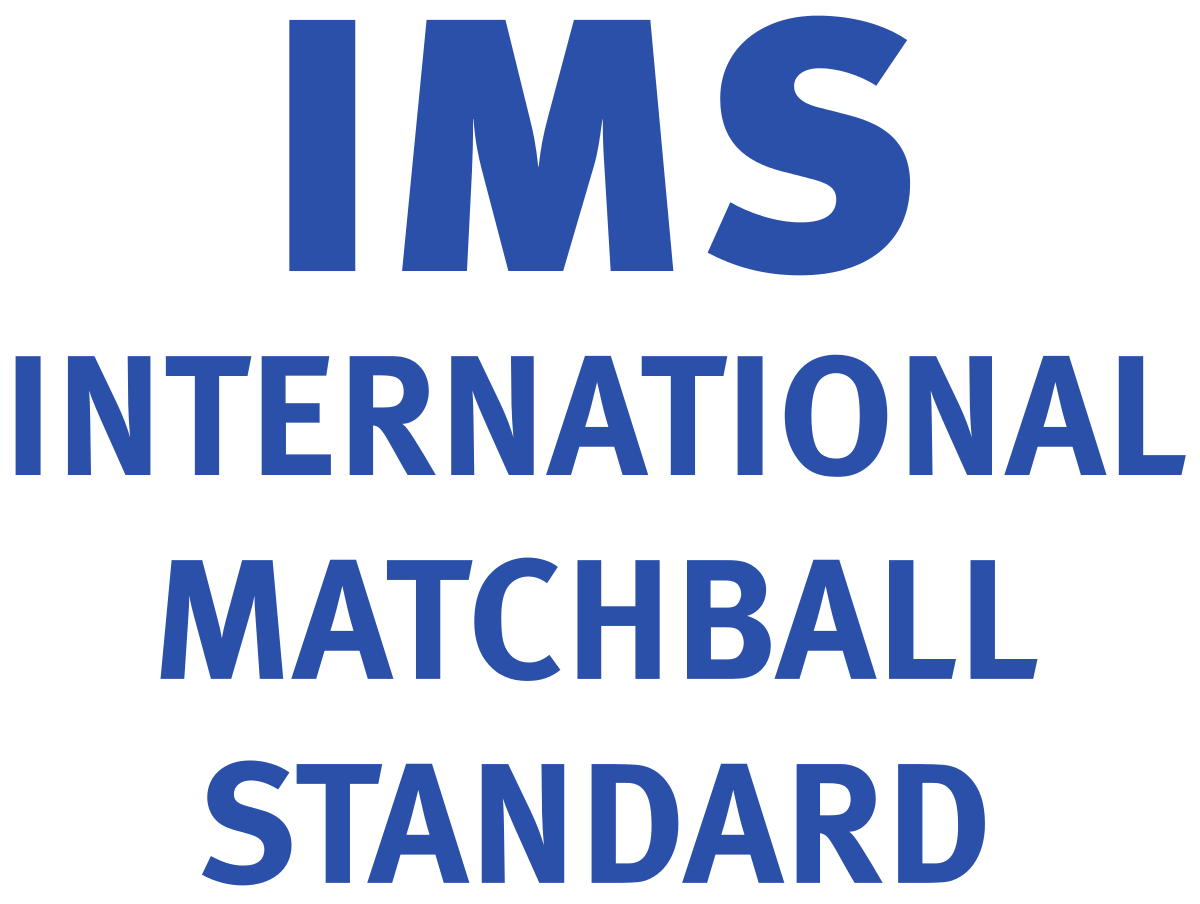
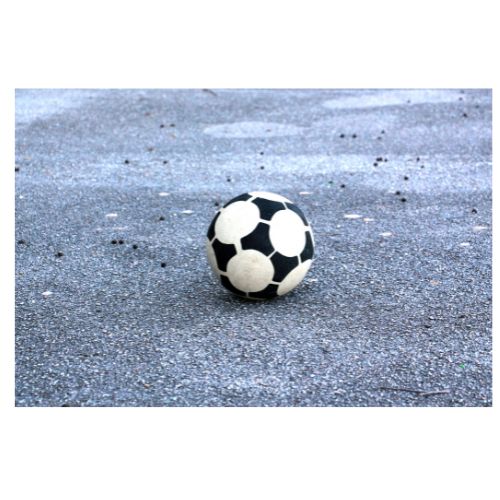


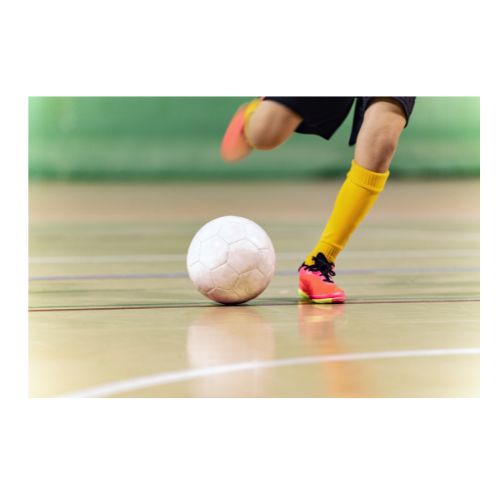


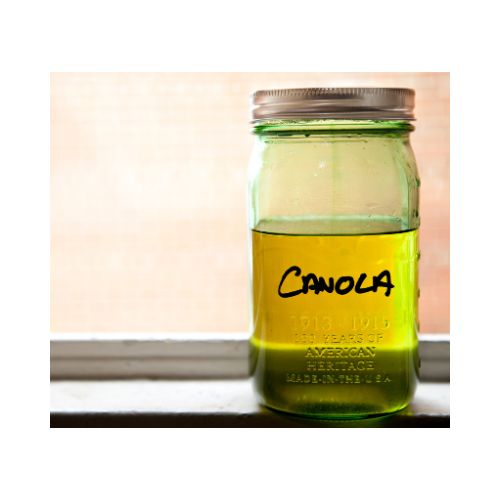
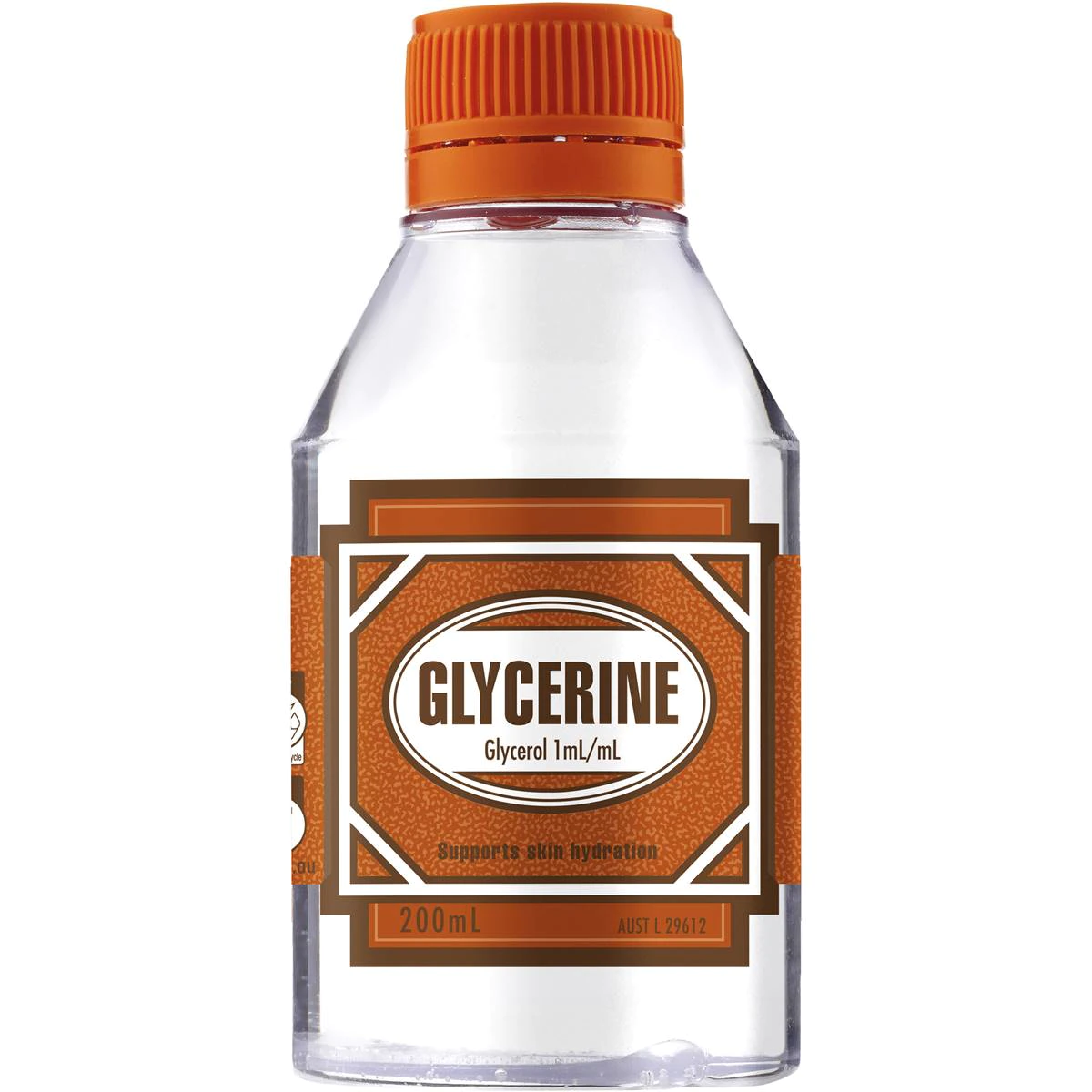
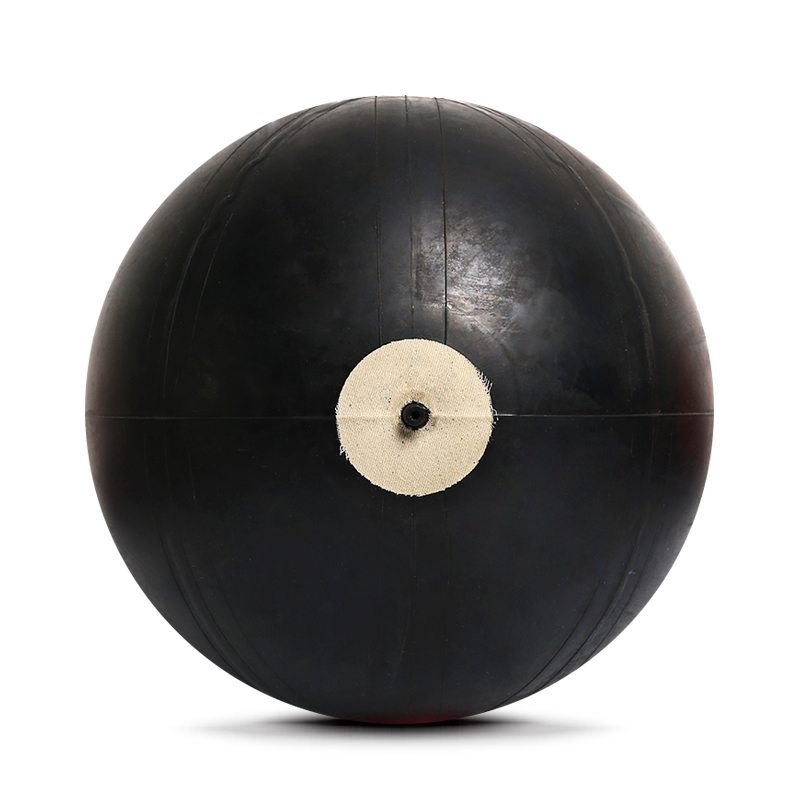

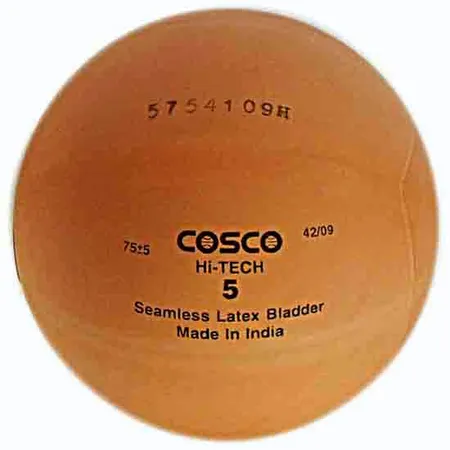


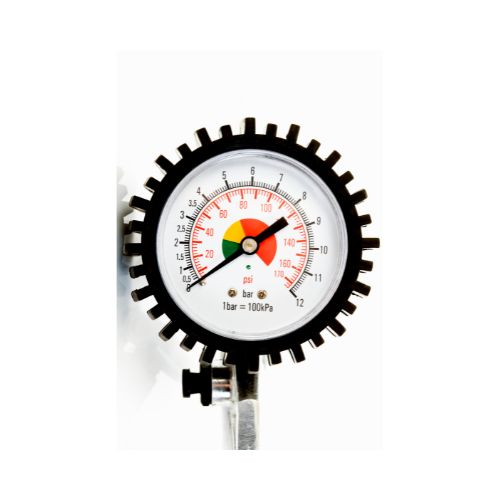
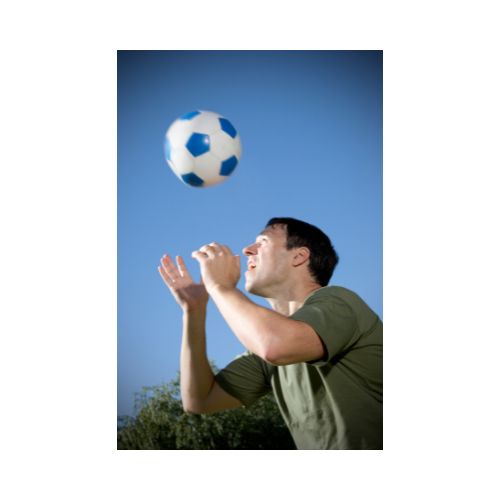

I’m now going to expound on this.
Soccer ball types that the pros use
The professionals don’t just use any type of ball when representing their clubs and countries on the global stage.
Which is why those that want to follow in their footsteps will look to purchase the best soccer balls that the superstars use themselves.
Here’s more information on the two types of soccer balls that the salaried soccer athletes use:
1. FIFA approved match balls
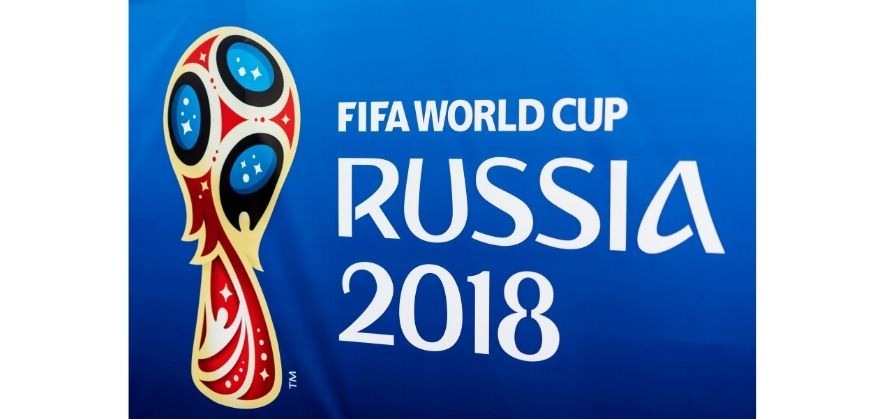
There are high specifications for soccer balls in today’s modern game.
In order to meet FIFA’s proprietary classification, soccer balls must undergo a series of six stringent tests that evaluate:
- Roundness
- Bounce
- Water absorption
- Weight
- Circumference
- Size retention
If a ball manages to meet the pass mark requirement for all six of these tests, then it will be in line to receive a FIFA Quality (Inspected) accreditation.
I have an article on how soccer balls are tested which explains the intricacies of the examination process in much greater detail, so check it out when you can!
Moving on, the highest tier of soccer ball quality is called the FIFA Quality Pro (Approved) badge.
It’s only handed out to balls that exceed the FIFA Quality Inspected standard – by performing well in the above tests under more demanding conditions – as well as pass an additional shape and size retention appraisal.
However, there’s also a third benchmark.
This is called the International Match Standard badge, but this mark of quality is lower than the aforementioned two.
Such balls are used for international friendly matches and various national leagues.
Here’s a quick video that neatly dissects the entire ball quality program in a nutshell:
Referees only allow the use of FIFA Quality Inspected or FIFA Quality Approved soccer balls for official matches of FIFA or its six confederations.
Now here are a few FIFA Quality Pro balls that you can purchase on Amazon:
- No products found.
- Voit Official Match Ball
- Puma Unisex's LaLiga 1 Accelerate Ball
- PUMA Team Final 21.2 Match Ball
- PUMA Team Final 21.1 Match Ball
And a couple FIFA Quality Inspected ones too:
- No products found.
- Precision Rotario Match Football
2. Training balls
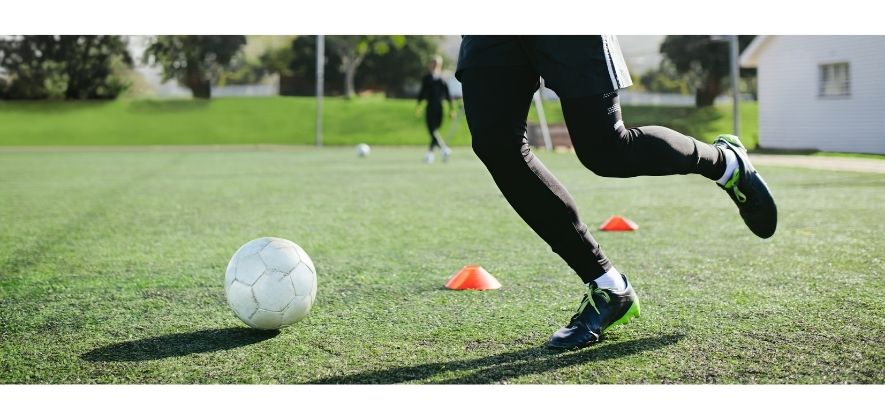
Professional soccer players don’t just compete all the time.
They have to condition their bodies on a regular basis through performing cardiovascular activities and physical ball work.
Even more so, they need to spare some time for tactical preparation which means performing ball drills and set piece routines at the training ground.
As such, these balls don’t need to meet FIFA’s quality requirements but they still need to be of good enough quality.
This is because coaches would want to avoid players consistently training with balls that are not fit for match purpose due to the unnecessary need for adaptation when results are on the line.
Other soccer ball types
There are two extra soccer ball types that I’d now like to explain.
General match balls
What’s important to note here is that this type of soccer ball is still league-worthy due to the NCAA and NFHS approval that they’ve received, which makes them great for use in high schools and colleges.
Indoor balls
Lastly, we have your typical indoor ball whose construction varies wildly from an official match ball.
These soccer balls are generally used for sports like futsal and some foam footballs are also enable casual play within the home.
What size of soccer ball do the professionals use?
A size 5 soccer ball is what the professionals use in all domestic and international matches across the competitive soccer calendar.
Because this sort of ball is quite heavy, it’s not really recommended for children under the age of 12 as kids in this age group would struggle to dribble and control it.
And one other thing to note is that these soccer balls are expensive as their larger size requires more raw materials for their construction than a ball of smaller size would.
I’d encourage you to have a read of my article on soccer ball sizes for more information about this topic.
Final thoughts
That brings me to the end of this article on what soccer balls the professionals use.
As a reminder…
Professional soccer players use a combination of FIFA approved match balls for competitive games and dedicated practice balls at club training facilities.
If you’re from the United States or Canada, you might want to check out my detailed article on what soccer ball is used in Major League Soccer (MLS).
That piece will give you specific insight into the sort of qualities a professional level match ball has, especially when compared with a standard training ball.
If you enjoy the content that I create and would like to buy me a coffee, then I’d really appreciate it!
Any money that I earn through this donation will be re-invested into more content for this website.
Additionally, by sending in a donation you’ll also receive a copy of my recently released 190+ page eBook on Soccer Ball Care, as well as be subscribed to our mailing list where you’ll be regularly informed on the latest developments concerning the Soccer Whizz blog.
- Future Icons: Europe’s Emerging Midfield Maestros Set for Glory - December 4, 2023
- Kickstarting a Revolution: How Soccer Transformed the United States Over the Last Four Years - October 7, 2023
- 4-1-4-1 Soccer Formation [Analysis] - September 23, 2023

